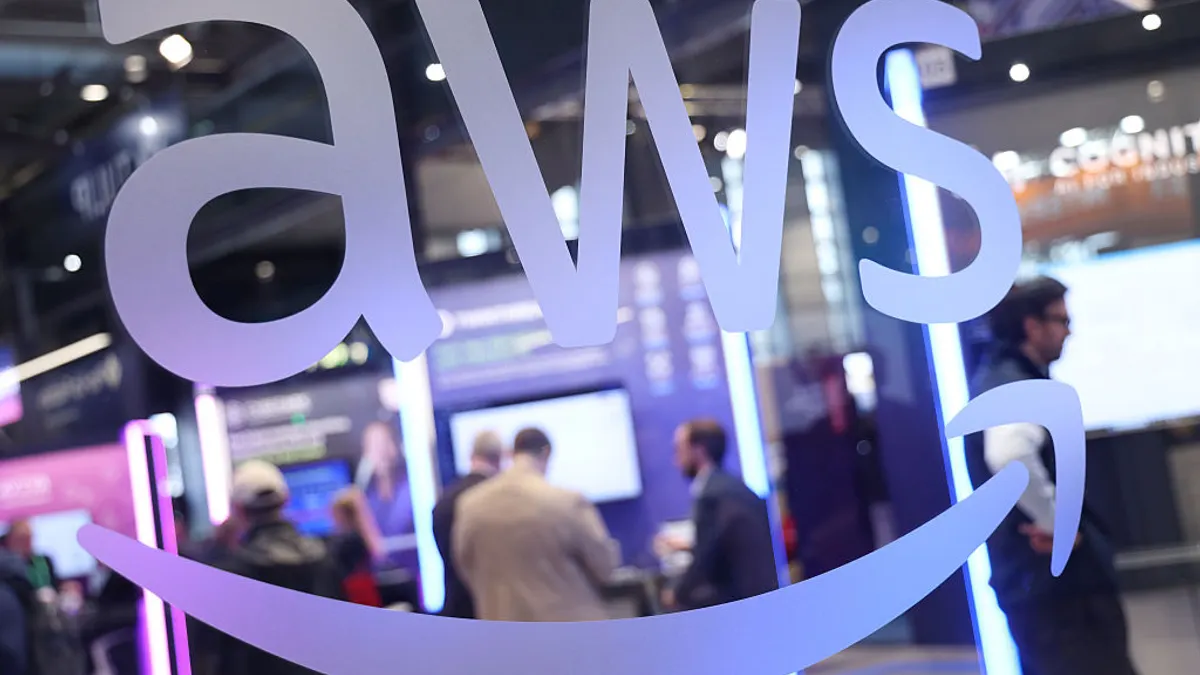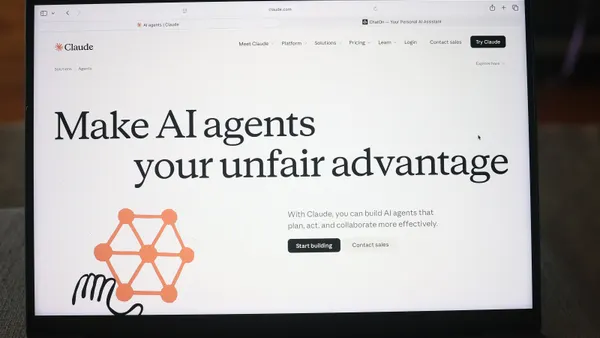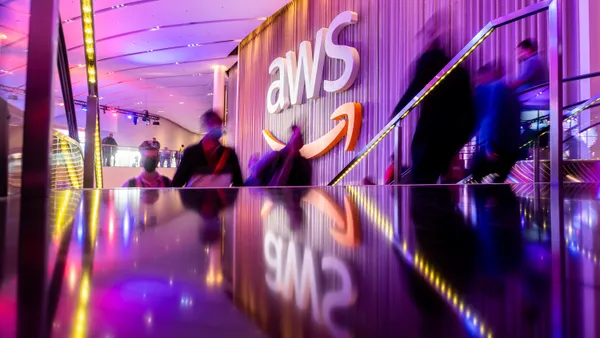Dive Brief:
- Levi Strauss & Co. is working with Microsoft to deploy a "complex agentic framework" throughout its operations, the two companies announced Monday. A "super-agent" capable of integrating an agentic network across IT, human resources and operations is currently being built and tested. It will roll out starting early next year.
- The technology will be embedded within Microsoft Teams and is powered by Microsoft Azure, the two companies said. Levi's also announced the rollout of two AI assistants: Stitch — which helps with in-store operations — and Outfitting, aimed at personal styling.
- "We’re embedding AI throughout the organization to create a more responsive, efficient business," Jason Gowans, chief digital and technology officer at Levi’s, said in the announcement "We’re building a foundation that will help us innovate faster and shape the next chapter of retail in an AI-driven world.”
Dive Insight:
Levi's described the agentic AI effort as a major milestone of its multiyear digital transformation push. The deployment also comes as the company accelerates its shift toward a direct-to-consumer model.
CEO Michelle Gass said last month during the company's Q3 earnings call that Levi's could double its store count in the U.S. The company currently operates 460 stores in the Americas.
"Our DTC-first strategy is bringing us closer to the consumer and generating consistent and significant growth, while we have also stabilized and grown our wholesale business," said Gass. "Both channels are seeing strong improvements in profitability."
The company saw net revenues rise 7% year over year during the quarter, reaching $1.5 billion. The DTC segment surpassed the overall growth rate, increasing 11% from the same quarter last year.
The portfolio of AI capabilities under development will help the company "accelerate our journey to become a $10 billion retailer and set new benchmarks for best-in-class agility, operational excellence and innovation in global retail," Gass said in the Monday announcement.
The retail sector is rife with examples of agentic AI deployment, as the technology promises to accelerate operations and trim costs. Retailers are among the top five industries with advanced agentic AI adoption efforts, according to Capgemini. Nearly 1 in 5 retail brands have put in place AI agents or multiagent systems, according to the report.
In July, Walmart unveiled a set of four "super agents" designed to help store associates, software developers, suppliers and customers. Target is also relying on the technology to assist marketplace analysts reviewing third-party sellers. Ulta told CIO Dive in July it was preparing its tech foundation to deploy agentic AI.















